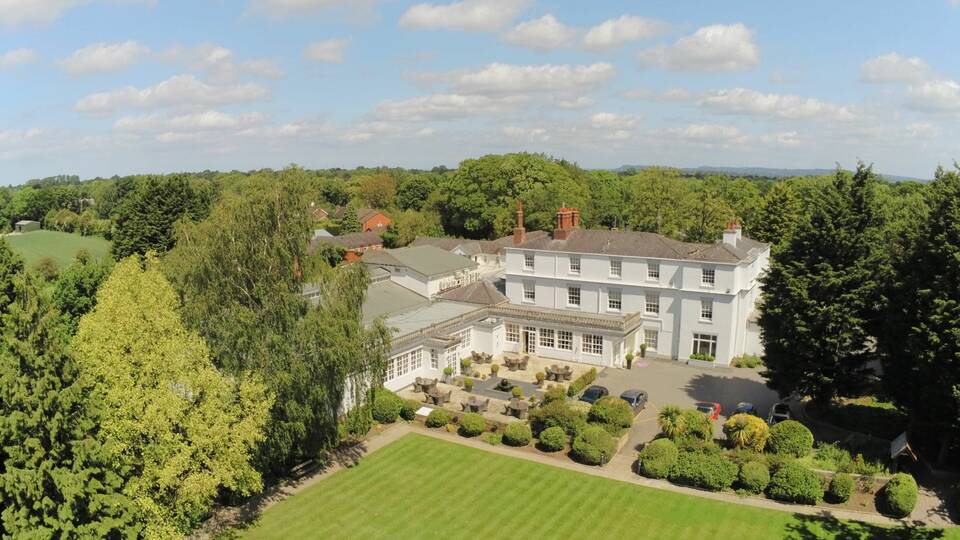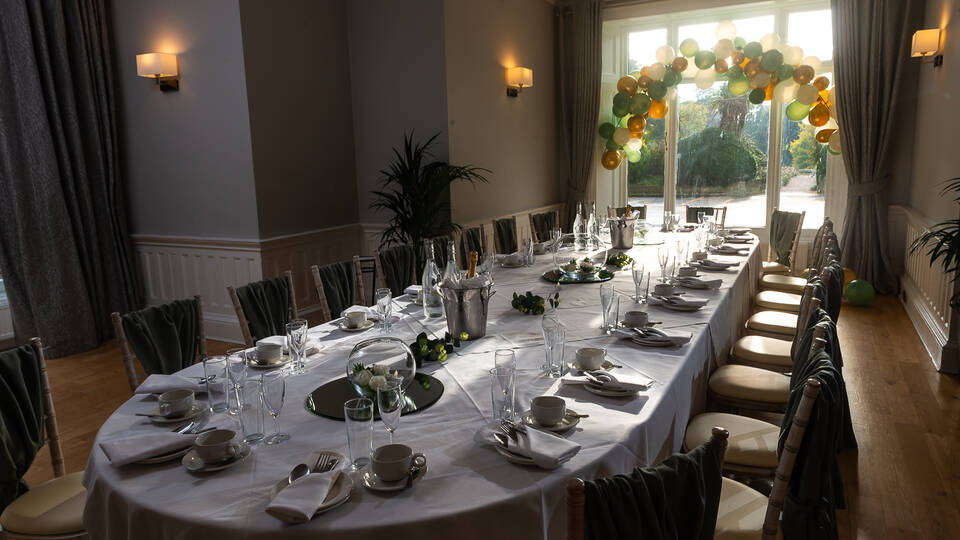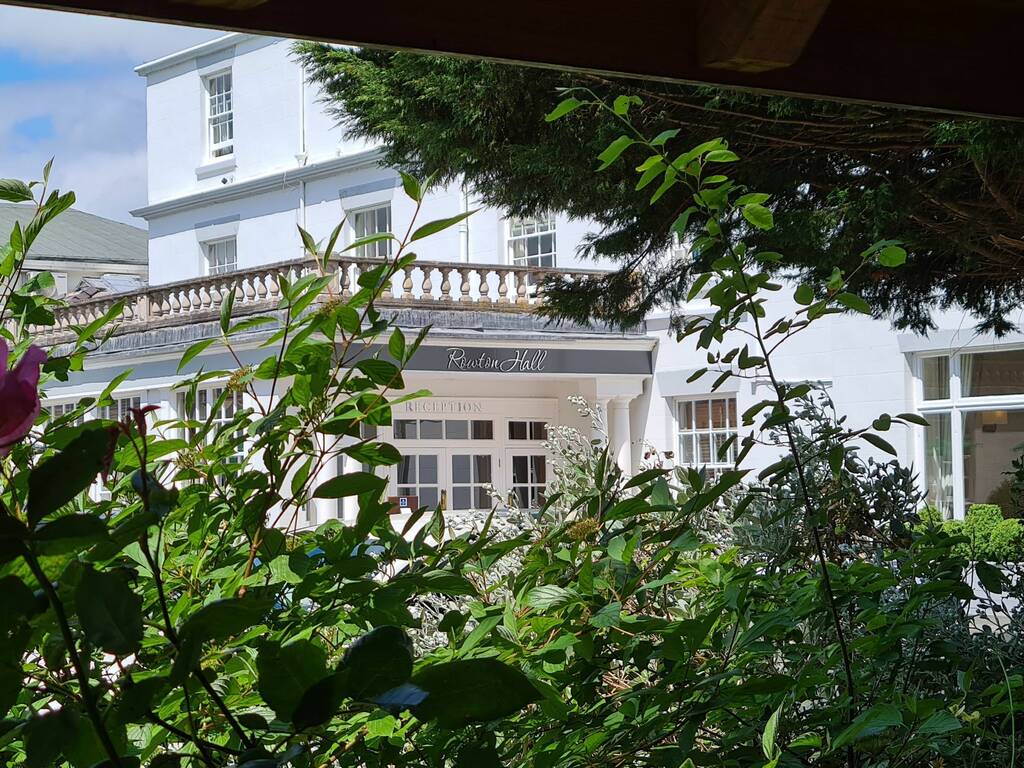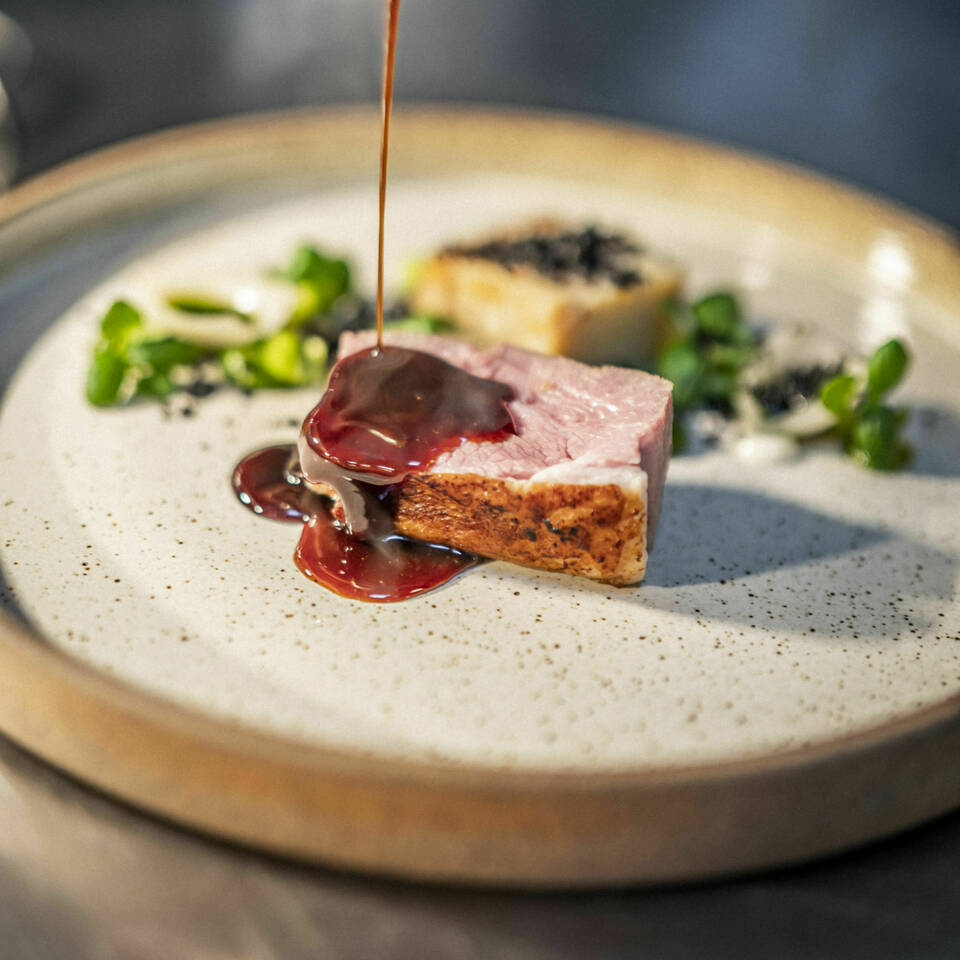The History of Rowton Hall
You’ll find references to Rowton’s Civil War history in the Bar, Langdale Restaurant and the names of many of our suites.
The Battle of Rowton Heath, also known as the Battle of Rowton Moor, occurred on 24 September 1645 during the English Civil War. Fought by the Parliamentarians, commanded by Sydnam Poyntz, and the Royalists under the personal command of King Charles I, it was a significant defeat for the Royalists, with heavy losses and Charles prevented from relieving the Siege of Chester.
Prior to the battle, Charles had been attempting to link up with the Marquess of Montrose in Scotland following the Royalist defeat in the Battle of Naseby. Although his attempts to do so were unsuccessful, they were disruptive enough that the Committee of Both Kingdoms ordered Sydnam Poyntz to pursue the King with approximately 5,000 horses.
After Charles was informed that Chester, his only remaining port, was under siege, he marched there with the intent of relieving the defenders, ordering 4,500 horse under the command of Marmaduke Langdale to camp outside the city while he and 500 others travelled into Chester itself on 23 September 1645. The intent was to attack the besieging Parliamentarians from both sides, Charles mistakenly believing that Poyntz had failed to follow them. In fact he was barely 15 miles (24 km) behind, and moved to attack Langdale’s force in the early hours of 24 September.
Although Langdale drove Poyntz off, the Parliamentarians besieging Chester sent reinforcements, and Langdale was forced to retreat to Rowton Heath, closer to Chester, and wait for his own reinforcements. This force, under Charles Gerard and Lord Bernard Stewart, was prevented from joining them, and Langdale was instead attacked by both Poyntz’s force and the reinforcement. After being driven off the field and failing in an attempt to regroup at Chester itself, the Royalists retreated as dusk fell.
Casualties were high, with about 1,000 killed, including Stewart, and 900 taken prisoner. This defeat prevented Charles from relieving the defenders in Chester, which fell to the Parliamentarians on 3 February 1646. Charles instead withdrew with approximately 2,400 remaining cavalry, most of whom were destroyed by Poyntz’s ambush at Sherburn-in-Elmet on 15 October 1645.
The oldest part of Rowton Hall dates from 1779. As the Hall passed from owner to owner in the intervening centuries, the building grew and evolved to become the luxurious country house hotel it is today.








